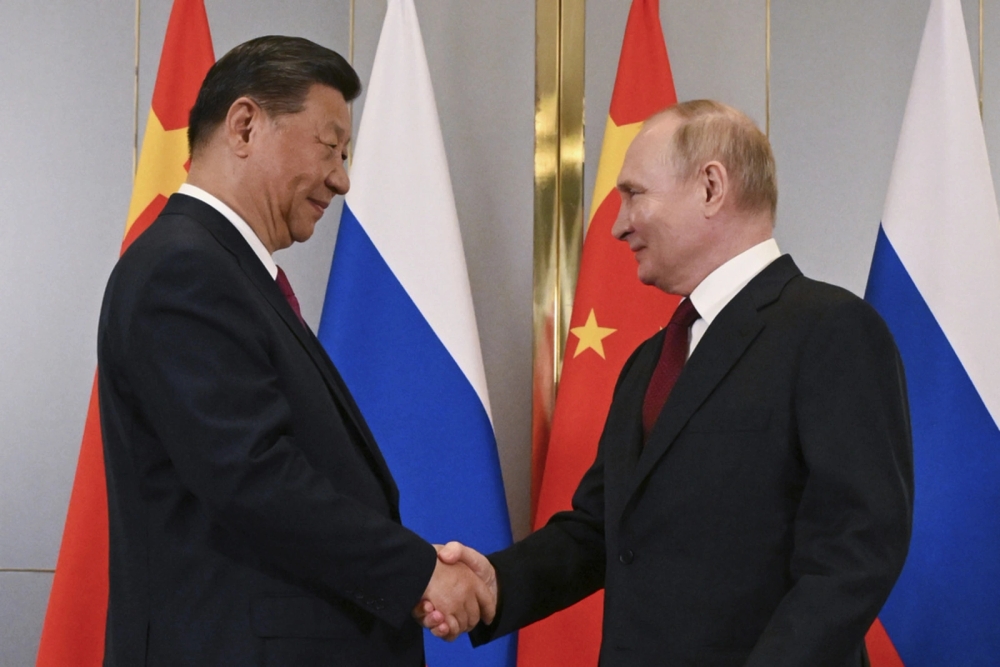Published
- 3 min read
The Modern Multipolar Era: Stability Through Cooperation and Restraint

The Shift to a Multipolar World
The global order has been undergoing a seismic transformation, with the unipolar dominance of the United States giving way to a fragmented multipolar landscape. Emerging powers such as China, India, Turkey, and Iran are reshaping the dynamics of international relations. While this shift is inevitable, it raises critical questions about whether multipolarity will foster a balanced system or lead to greater instability.
Historical Lessons in Multipolar Systems
History offers valuable insights into the challenges of managing multipolarity. Multipolar systems often exacerbate competition and rivalry, as seen in the alliances and tensions preceding World War I. The absence of a dominant power to mediate disputes can result in costly miscalculations and conflicts.
Yet, history also provides a model for stability: the Concert of Europe. This 19th-century framework balanced power among Europe’s great states, preventing domination by any single actor. While not without flaws, the concert preserved relative peace for nearly a century and demonstrated that multipolarity could be managed through cooperation and restraint.
The Role of Nationalism and Cultural Fractures
Nationalism and cultural competition complicate the multipolar landscape. Rising powers assert their values, often clashing with global norms. For example:
- China asserts regional dominance in the South China Sea, prioritizing its sovereignty and interests.
- Turkey leverages its strategic position by balancing NATO membership with ties to emerging powers like BRICS.
These actions reflect a broader trend where states prioritize their national interests over collective stability. However, unchecked competition risks escalating conflicts, making cooperation essential.
Restraint as a Guiding Principle
In a multipolar world, restraint must replace interventionism. The post-Cold War era often saw global policing by dominant powers, but this approach is unsustainable in a fragmented landscape. A modern concert of powers would encourage:
- Respect for Sovereignty: States must avoid interfering in each other’s core interests.
- Selective Alliances: Flexible partnerships can prevent rigid blocs and promote dialogue.
- Focused Interventions: Engagements should address clear national interests rather than every global crisis.
This shift requires a fundamental rethinking of power dynamics, emphasizing stability over dominance.
The Need for Strategic Forums
Existing international institutions like the United Nations struggle to adapt to multipolarity. Competing agendas among powerful states often sideline multilateral solutions, as seen during the Syrian Civil War. A modern concert of powers could complement these institutions by providing a pragmatic forum for direct negotiations among major players.
Such a framework would prioritize balance over universal standards, recognizing that not all states share the same values or goals. By fostering dialogue, it could mitigate risks of rivalry spiraling into conflict.
Opportunities for Cooperation in a Multipolar Age
While multipolarity poses challenges, it also creates opportunities for collaboration. Shared global challenges, such as climate change and pandemics, require coordinated efforts. The COVID-19 pandemic highlighted the interdependence of nations, demonstrating the need for collective action.
A concert of powers could transform multipolarity into a stabilizing force by encouraging:
- Joint Crisis Management: Leading states pooling resources to address global emergencies.
- Economic Partnerships: Mutually beneficial trade and development agreements.
- Cultural Exchange: Reducing tensions through understanding and collaboration.
Conclusion: A Choice for the Future
The transition to multipolarity is inevitable, but its trajectory depends on the choices made by the world’s major players. A concert of powers, rooted in restraint and cooperation, offers a path to stability. By balancing competition with collaboration, nations can prevent the instability that has characterized past multipolar eras.
Ultimately, the success of a multipolar system lies in the willingness of states to exercise responsibility alongside power. The question is not whether multipolarity will shape the future—it will. The real challenge is whether the global community can turn it into an era of constructive engagement rather than chaotic rivalry.
